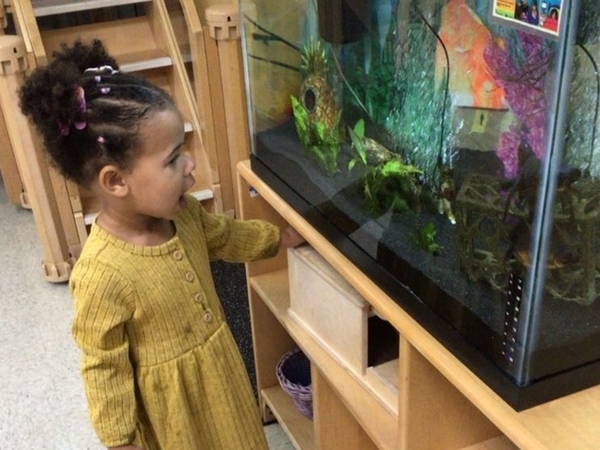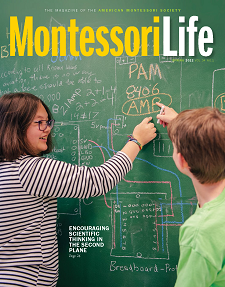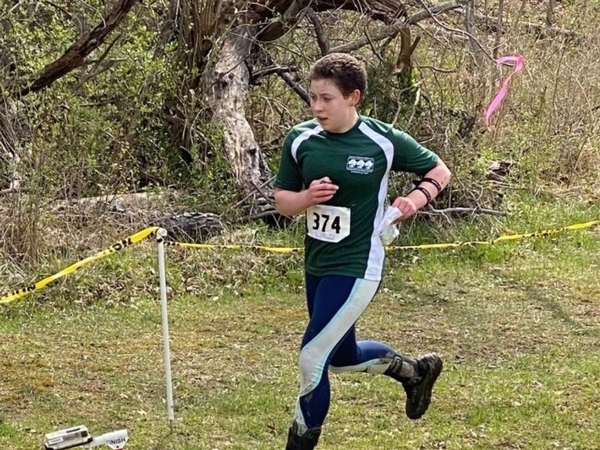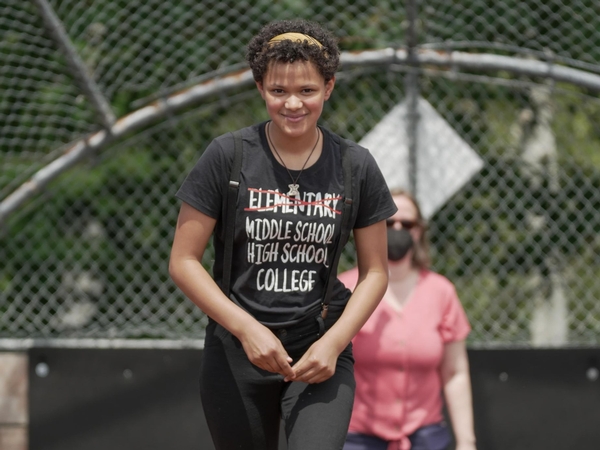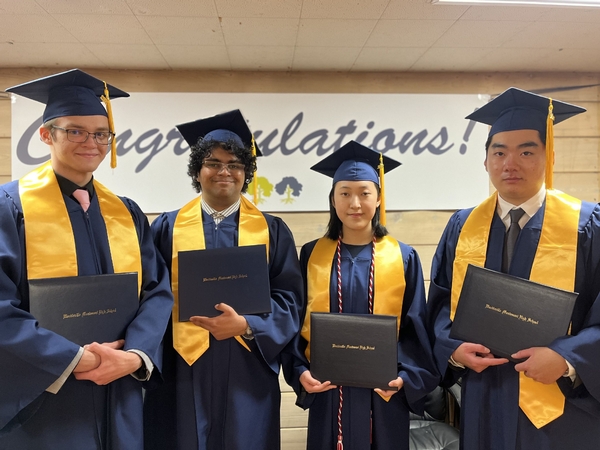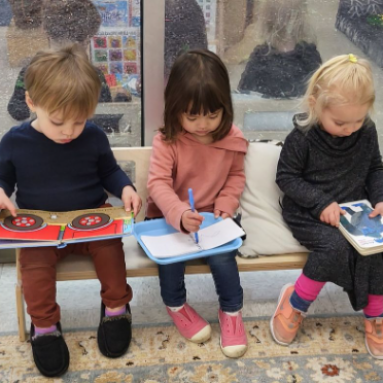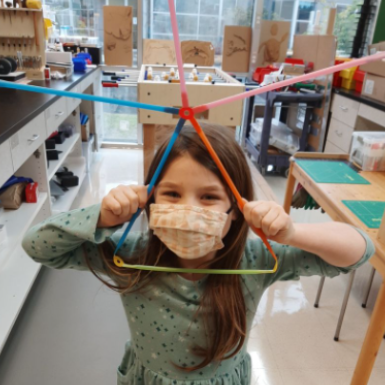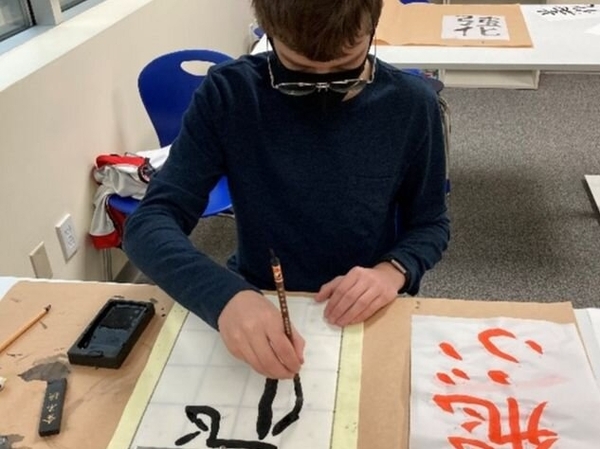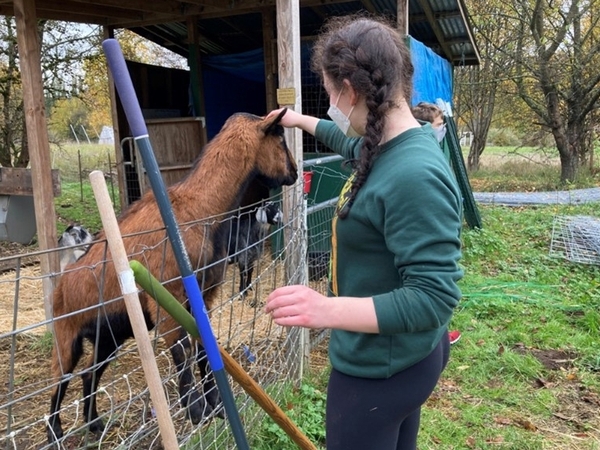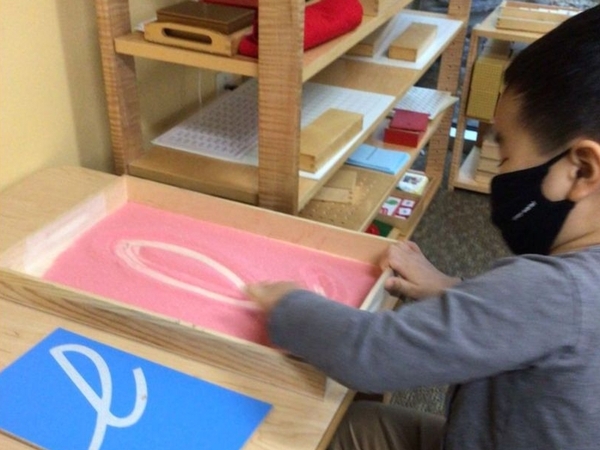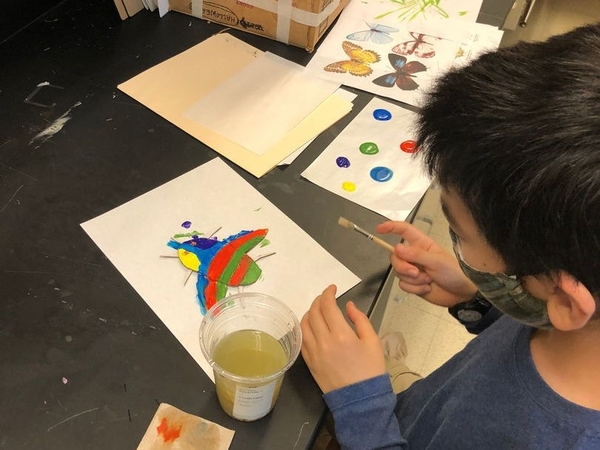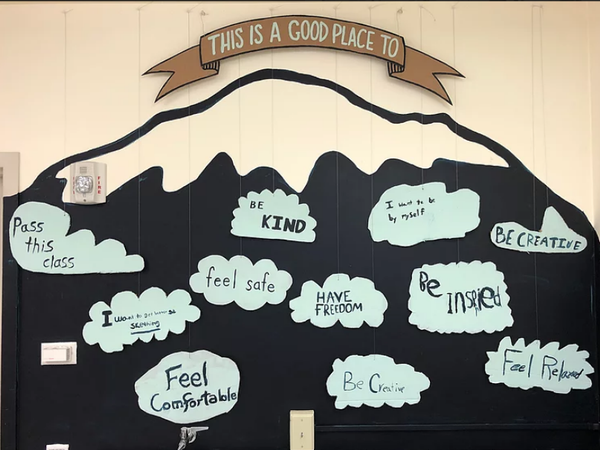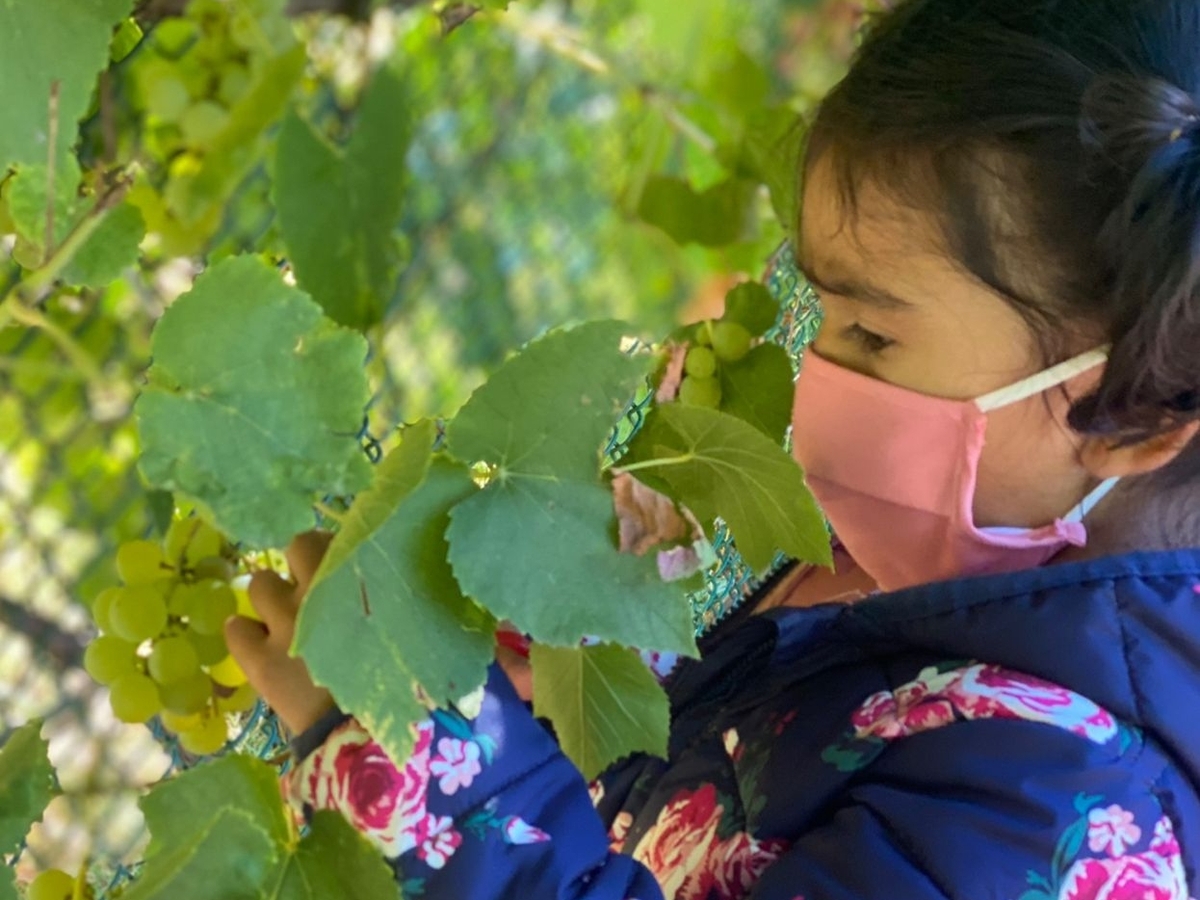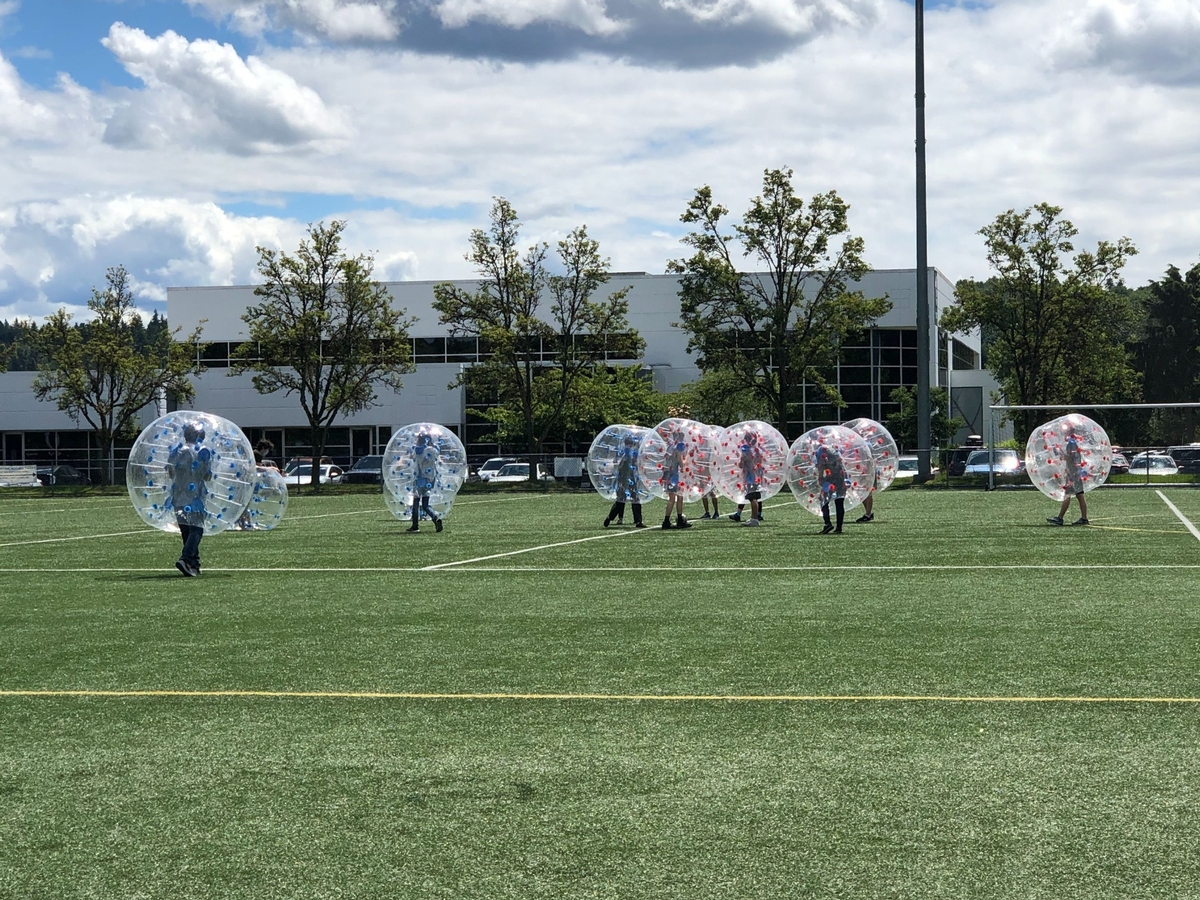In March 2023, for the seventh time, WMS students had the opportunity to participate in the Montessori Model United Nations, Montessori-MUN. As has been the case every year, representatives among our student delegates were chosen by their committee peers to speak during their final United Nations assembly session. With the exception of 2020 and 2021, when we participated in an online conference, myself, delegates, and parent chaperones made the trip to New York City, where the Montessori-MUN committee sessions and special events take place in the Marriott Marquis Hotel, located in Times Square. It’s always a jam-packed and enriching experience: 1,500 or more Montessori youths and chaperones gathering with a shared purpose of emulating the United Nations’ process of debating critical topics, drafting resolutions, and eventually coming to consensus in their committees on actual resolutions, in formal United Nations-approved language.
On the final day of the conference, everyone boards buses to travel across town to United Nations Headquarters, where student delegates gather in the General Assembly Hall, and representatives of each committee share the final resolutions on both topics that their committee has addressed. The event is live-streamed and recorded, accessible on the Montessori-MUN website. After the event has concluded and everyone has gone to their respective homes in the U.S. and elsewhere in the world, their work is shared with the Secretary-General of the UN as representative of student voices, concerns, and objectives.
At WMS, Montessori-MUN is a voluntary Middle School club we call MMUN. To prepare to participate, MMUN delegates meet for an hour once a week beginning in September right up until we depart for NYC in mid-March of the following year. To run the club, I work with student teaching assistants (TAs). For four years, Meera has had the TA job; this year and last year, Marco has assisted, as well. Once the students choose their countries and select two topics assigned to those countries—a process hundreds of young people concurrently undertake, so first choices are not always available—the serious work begins.
Along with my TAs, I help students locate numerous resources that address the issues they must learn about. Basic information on their countries comes from the CIA World Factbook. Complex issues, facts and points of view are found in materials published by journalists, NGOs and relevant associations and agencies (e.g., the International Atomic Energy Commission), and the governments of the countries they represent. Student delegates skim, read, highlight, and identify factual material and evidence they can use to support the content they are crafting for their required position papers. The additional essential sources are materials produced by the UN itself, such as documentation related to the Sustainable Development Goals (SDGs), reports from related entities such as the World Food Program, and resolutions the UN has passed in the past or has under discussion. Every paper must follow specific guidelines, all sources are attributed and footnoted, and relevant resolutions are identified and directly referenced. Each paper concludes with the students’ proposals for how they believe the problems they have learned about should be addressed—but in the language and point of view of the nation they must represent. This aspect is one of the most interesting features of the work we do because students are challenged to both think for themselves and to think if they are not themselves, but a person from another culture, government, and socio-economic position. To learn to drop the ‘me’, to not be ‘I’, is a great way to practice putting oneself in another’s shoes—or formal suit, given the dress code!)
Topics student delegates have addressed over the years include overfishing, peacekeeping missions in Africa, xenophobia, issues impacting landlocked developing nations, nuclear disarmament, protecting biodiversity, support needed for rural women, the impact the war in Ukraine is having on food access, and many others.
In addition to preparing Position Papers, students make Country Displays, project boards filled with information and illustrations about their countries, accompanied by decorative materials that can enhance the aesthetic excitement of their work. These are set up on tables in the hotel for all the delegate groups—arriving not only from the USA but from Montessori schools in many other countries, as well (e.g., China, Saudi Arabia, Morocco, Mexico, etc.).
With their papers finished, they write and practice 60-second speeches they can give during the introductory sessions of their committees. Everyone checks out the dress code to ensure compliance: formal business attire is expected, and once the conference is underway, WMS students and more than 1000 other middle and upper elementary students show up on time at every session looking well-prepared and ready for business.
In the committee sessions, delegates are expected to stay in their role as representatives of their various nations. They sit with their fellow delegates, they raise their placards when they wish to speak, and they continually call themselves by a formal means of address, e.g., “The delegate from the Republic of Kiribati...”— no one is an I, a you, or a me!
When we are in New York, we add in some great field trips: walking through Central Park, the Metropolitan Museum of Art, the American Museum of Natural History, and one year, the Tenement Museum. Among the Broadway shows the group has selected and seen are The Great Comet, Prom, The Phantom of the Opera, and this year, Six, a musical about the wives of Henry VIII. Each year, MMUN features a cultural celebration one night and a party the last night before the trip to the United Nations. For many years, Montessori-MUN has worked with DJs and a rap entertainer, Alexander Starr, who not only leads the party—this year, with his band—but who also works every year with a group of interested delegates to compose one or more songs for this culminating event.
A final vital feature of the Montessori-MUN experience is that it does not have to end after Middle School. As exemplified by Meera, who graduates High School (Ash Class) in June, former delegates to the conference can choose to participate in a Bureau training session. After that, they may take on various roles in the conferences as members of the student Bureaus that run the committee sessions and make sure their delegates emerge from committee ready with resolutions for presentation to the conference body as a whole. This is an excellent way to continue to develop global awareness and understanding, establish connections and networks, make friends, and support and reinforce their Montessori sensibility.
By the time we left New York this March, several WMS students are planning to take the Bureau training as high school students—which means we may have the benefit of a vigorous and committed group of both Middle and High School students for the 2023-2024 conference. That commitment can continue on into college, as it has for many and may for Meera, if she can schedule the time.
In an era where the urgent nature of the United Nations’ Sustainable Development Goals is evident, and the importance of nurturing the Montessori philosophy of peace is imperative, the Montessori-Model United Nations is an exciting, non-competitive, and meaningful way for young people to engage with both of these objectives.
View images from the experience in the March 2023 Grapevine newsletter: https://mailchi.mp/725a17654f45/grapevine-all-school-newsletterfamemail-mar-8750429
Sharon Elise Dunn
High School Humanities & Advisory Teacher,
WMS Montessori-MUN Teacher Coordinator
[ show less ]
 Woodinville Montessori School
Woodinville Montessori School
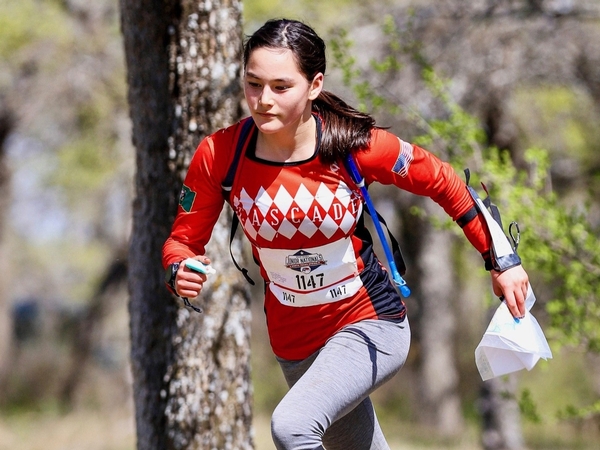
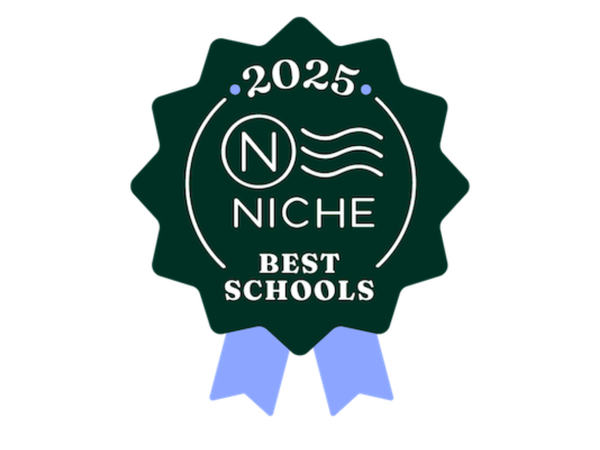
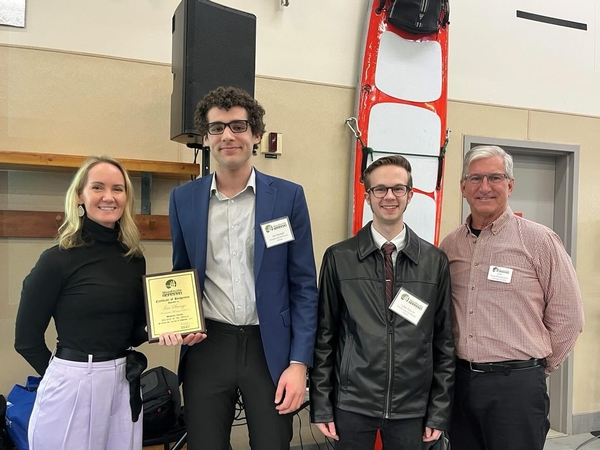
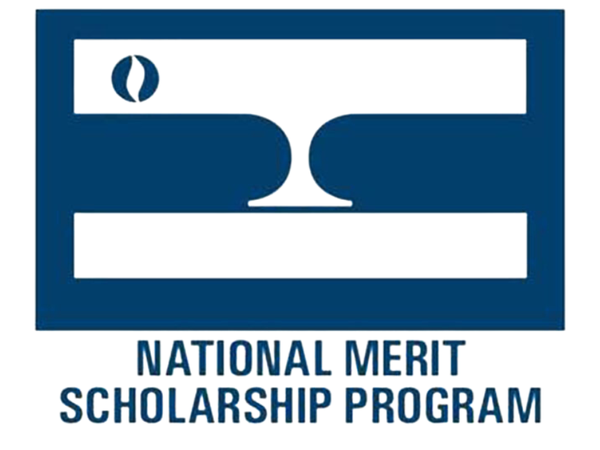
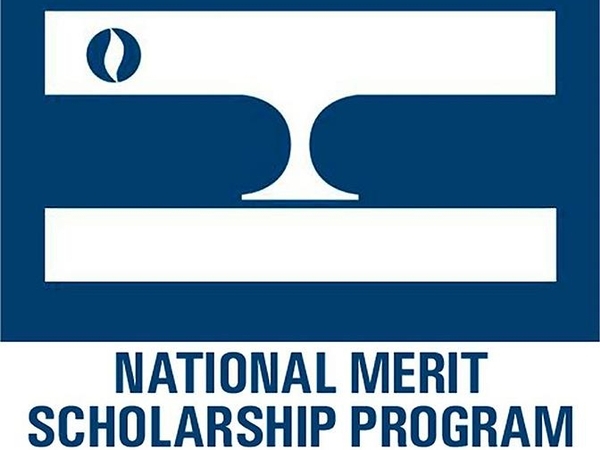
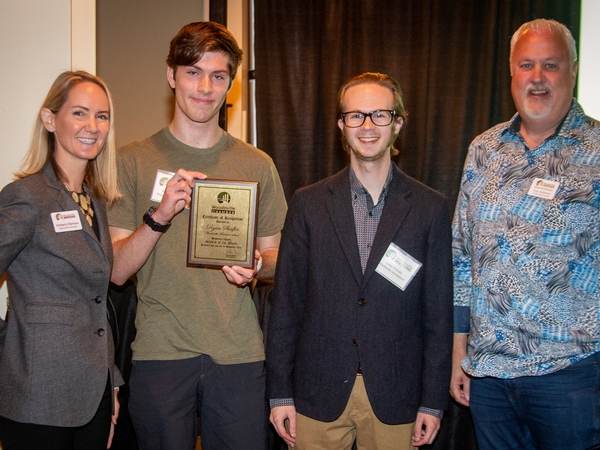
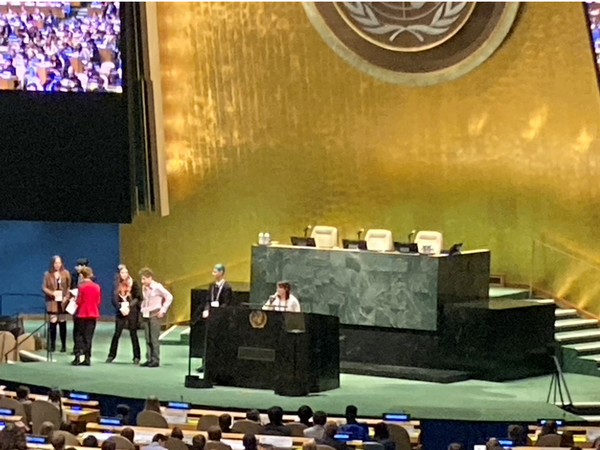
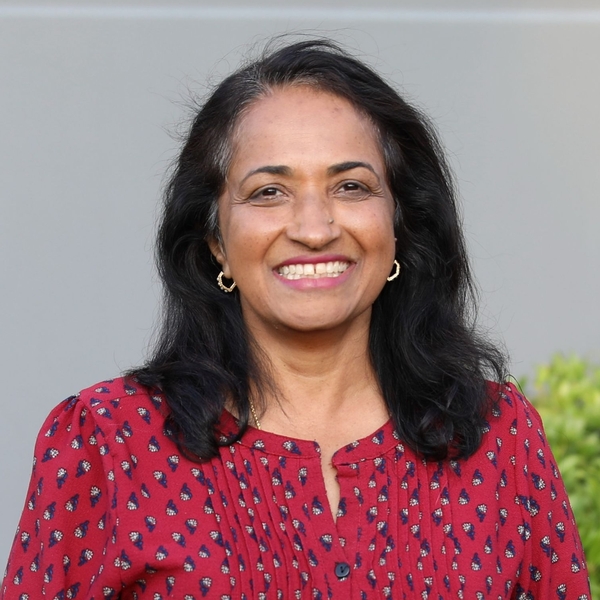
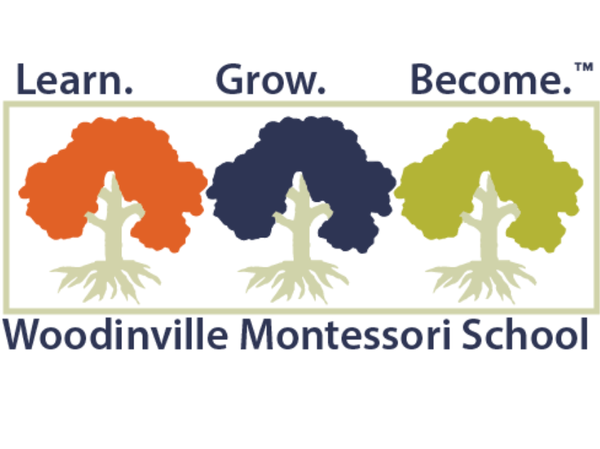
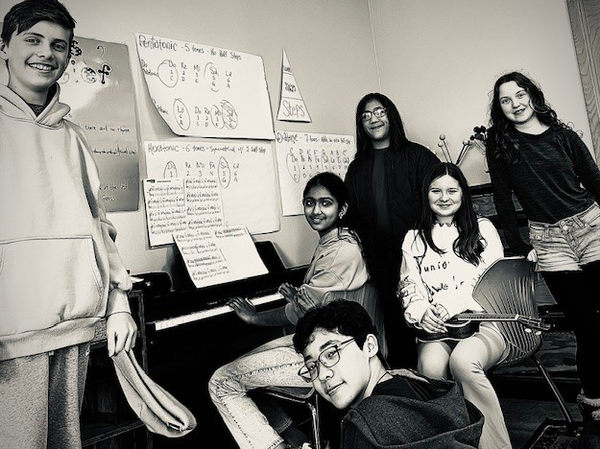
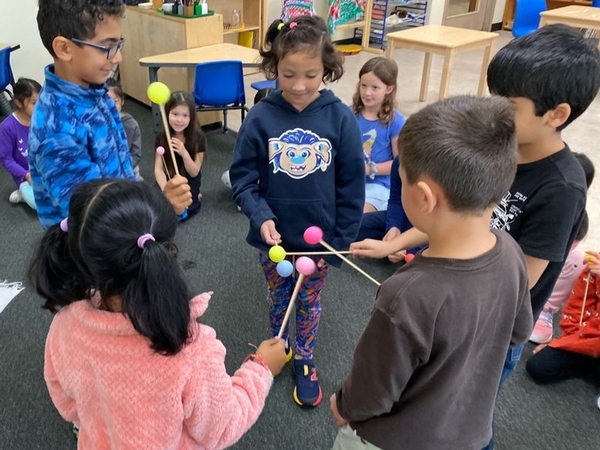
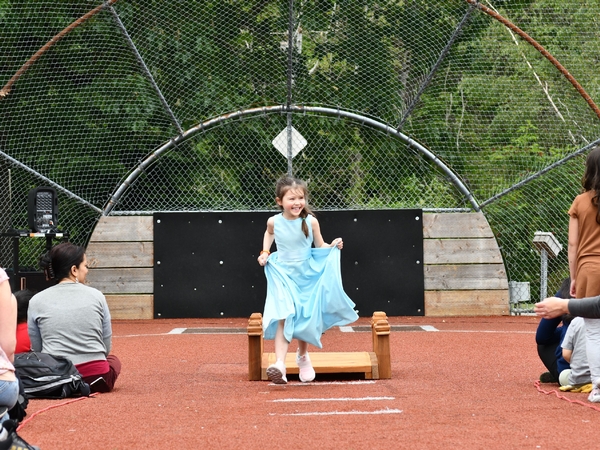
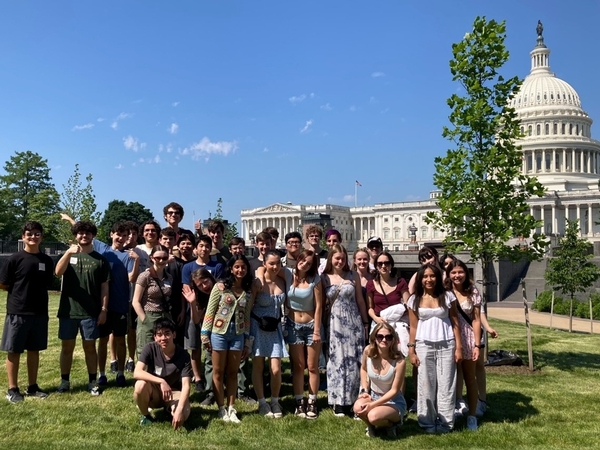
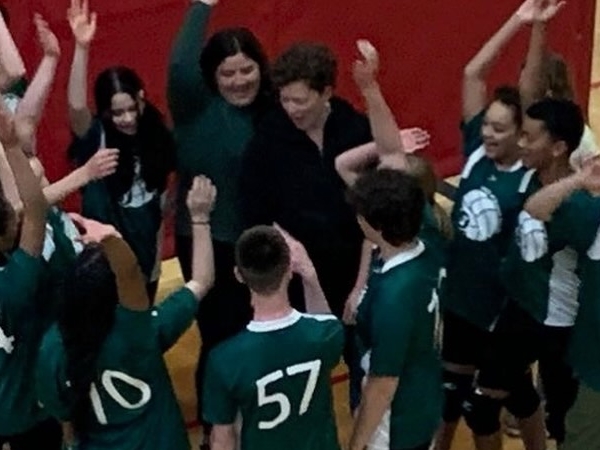
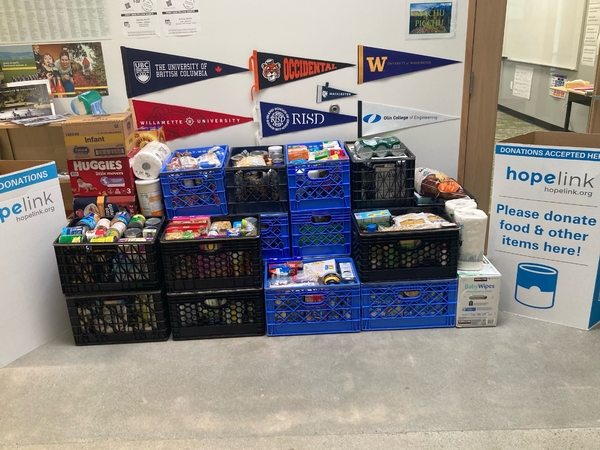
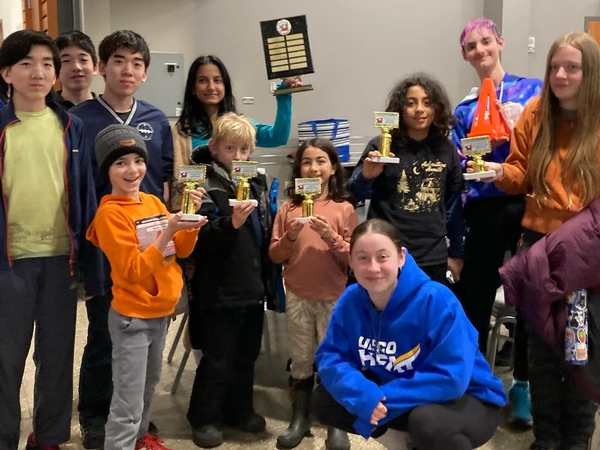
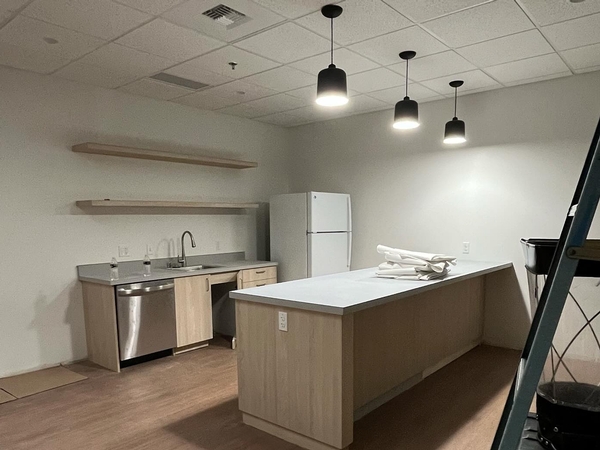
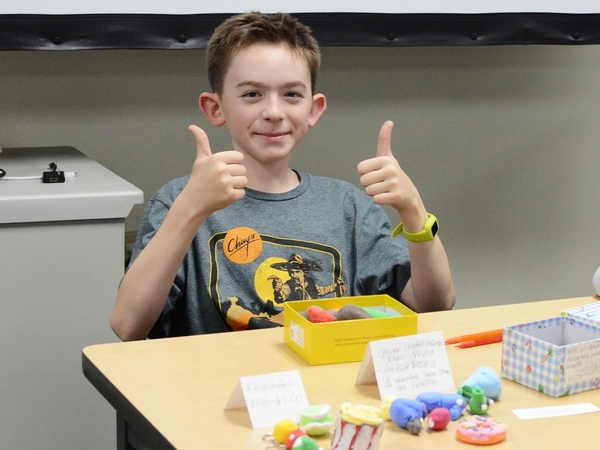
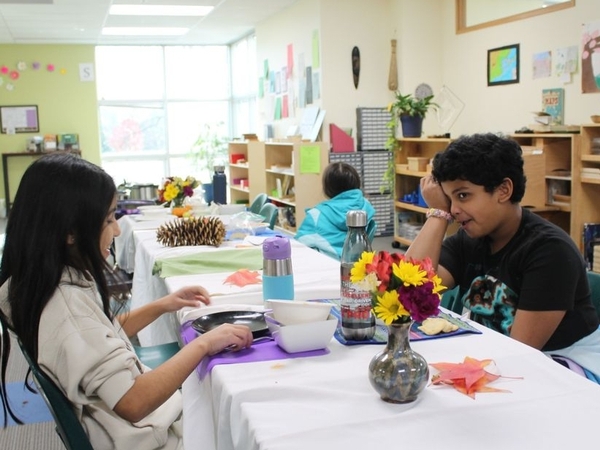
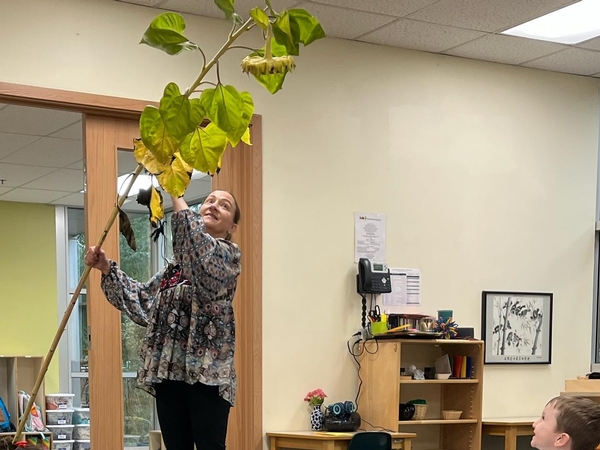
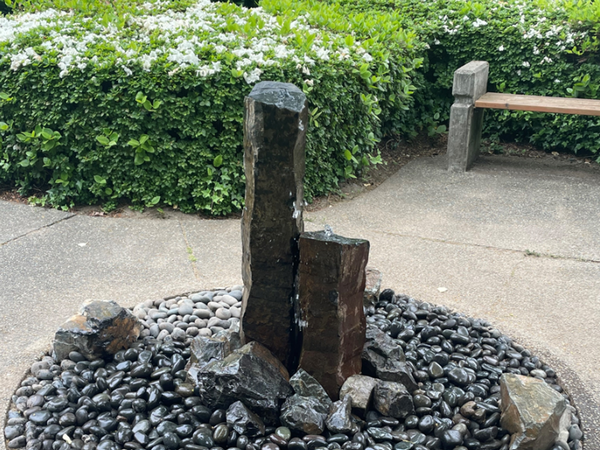
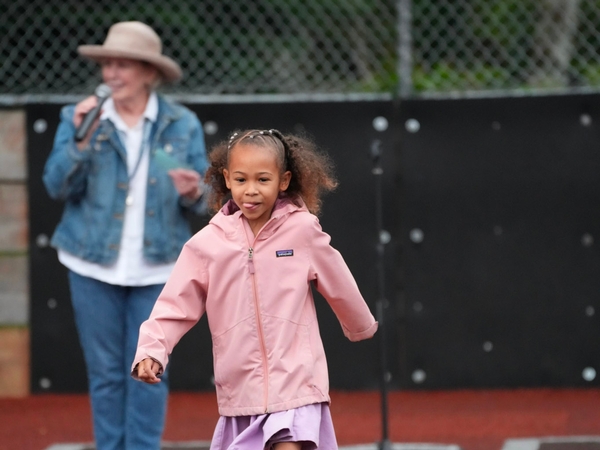
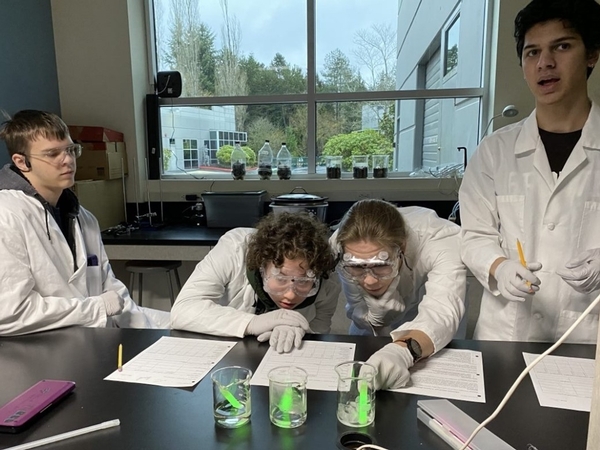
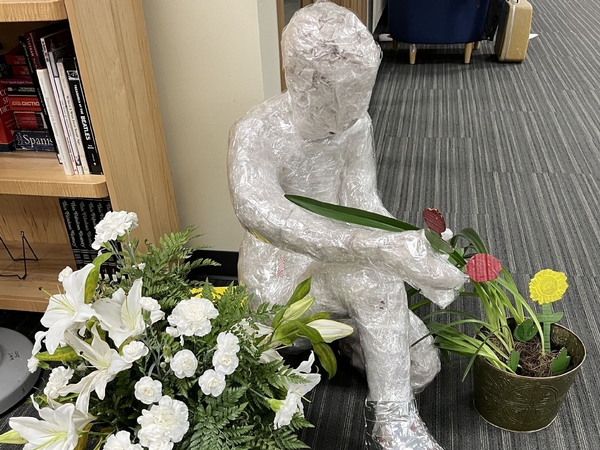
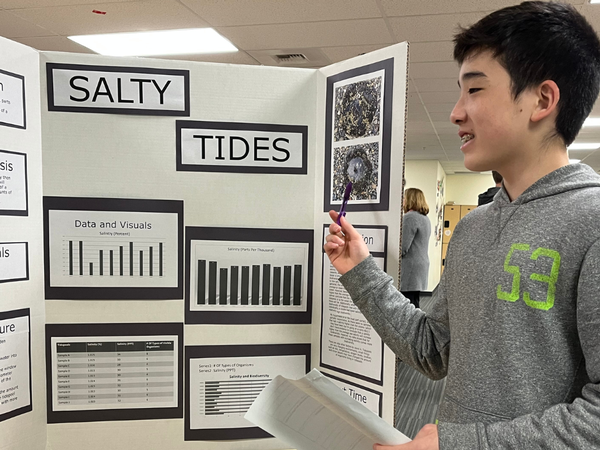
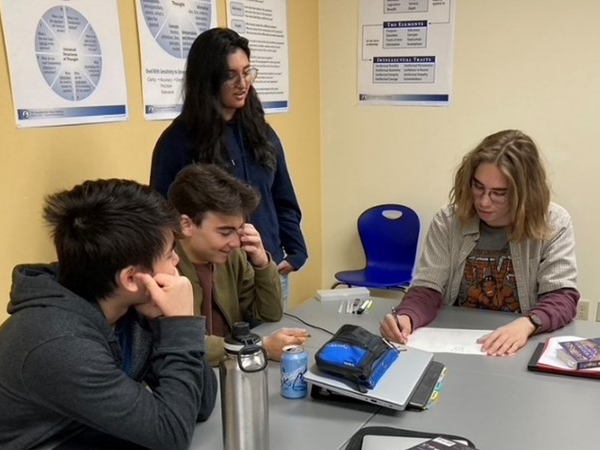
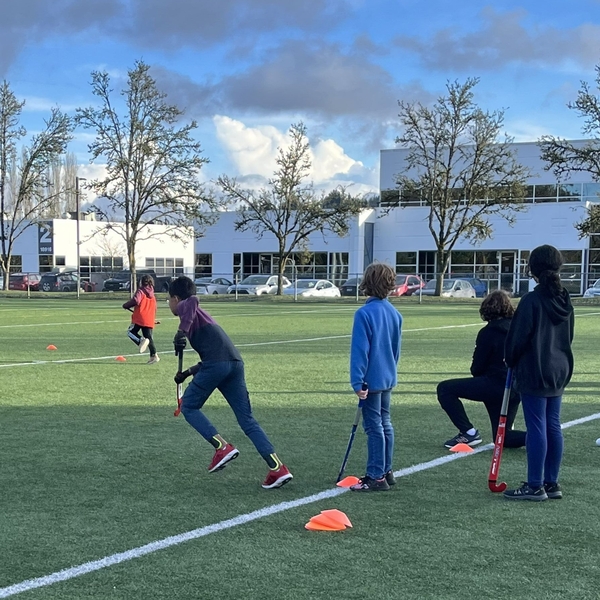
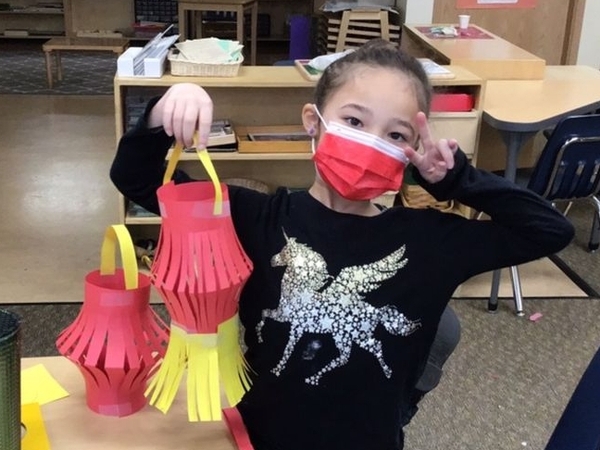
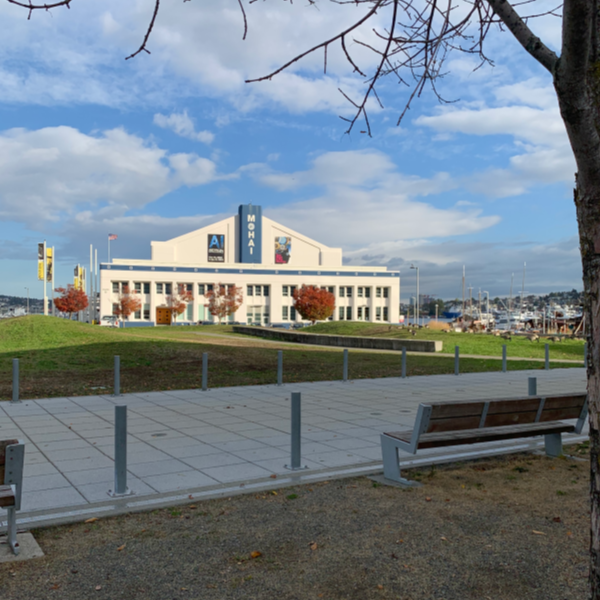
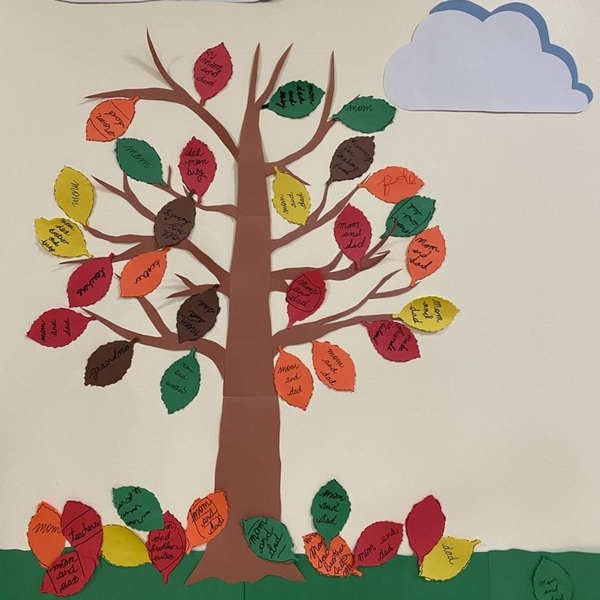
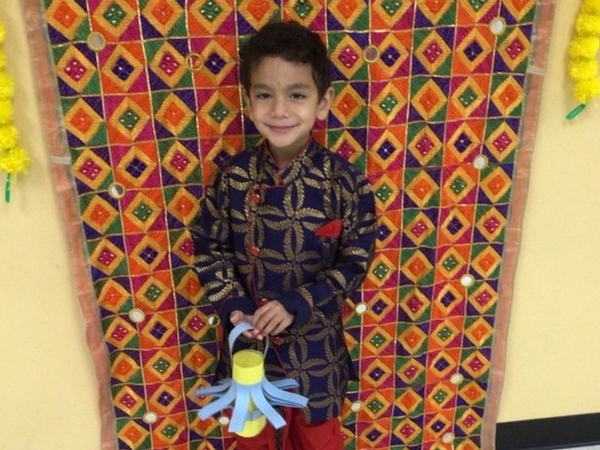
.png)
